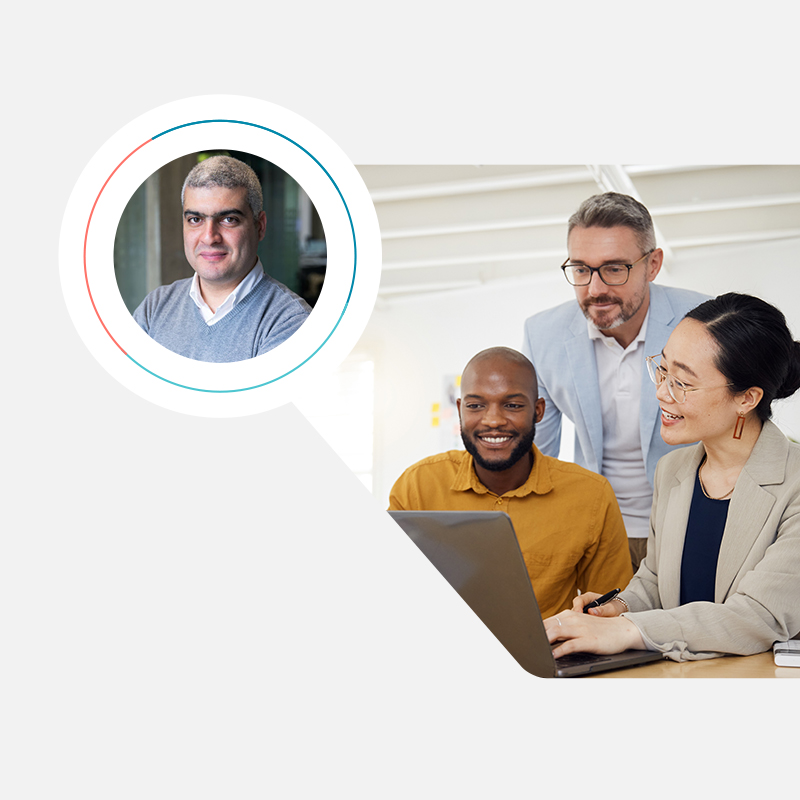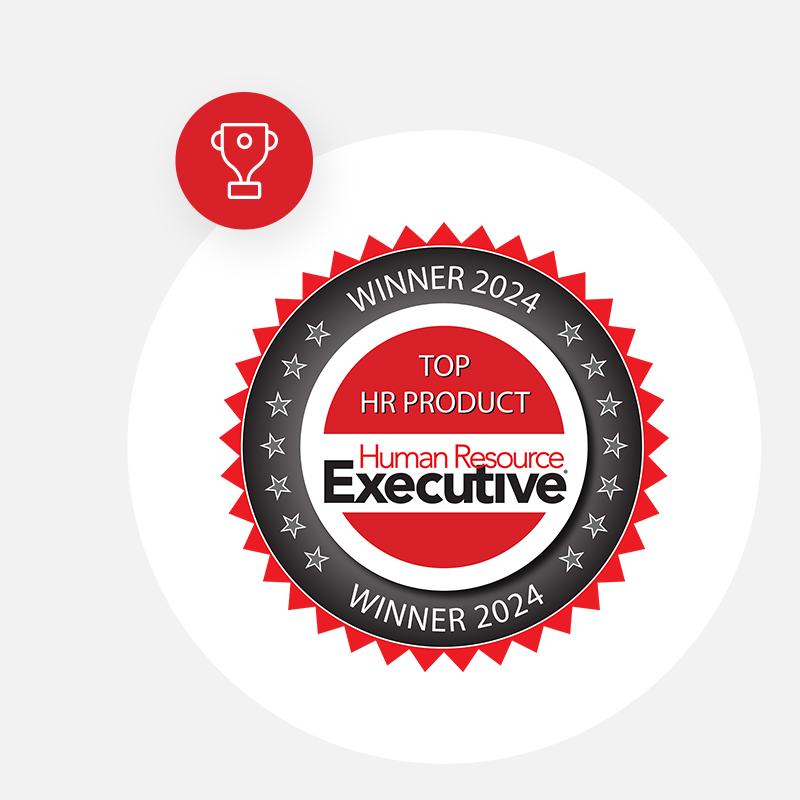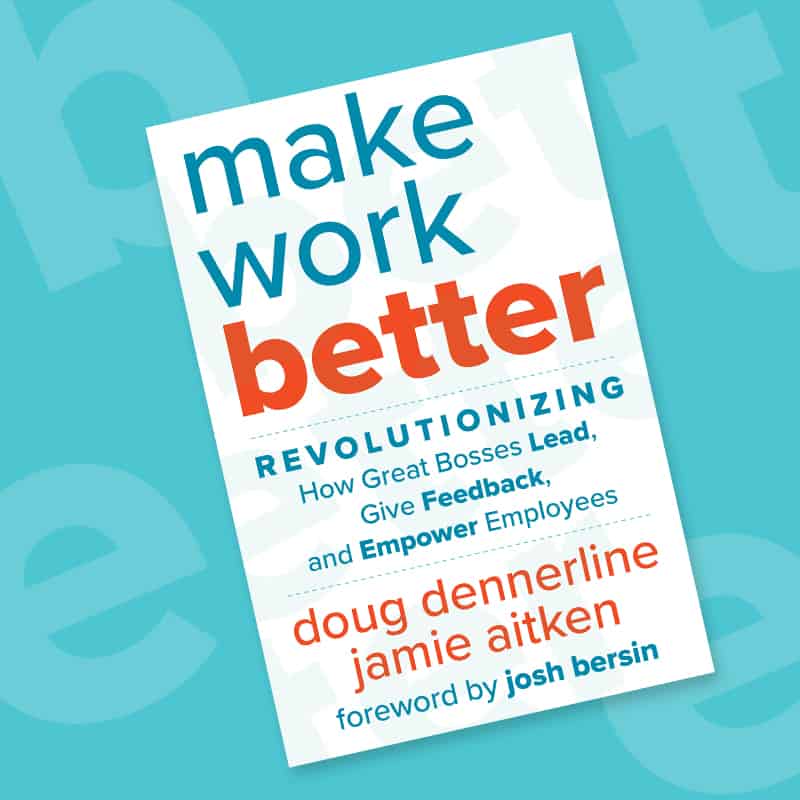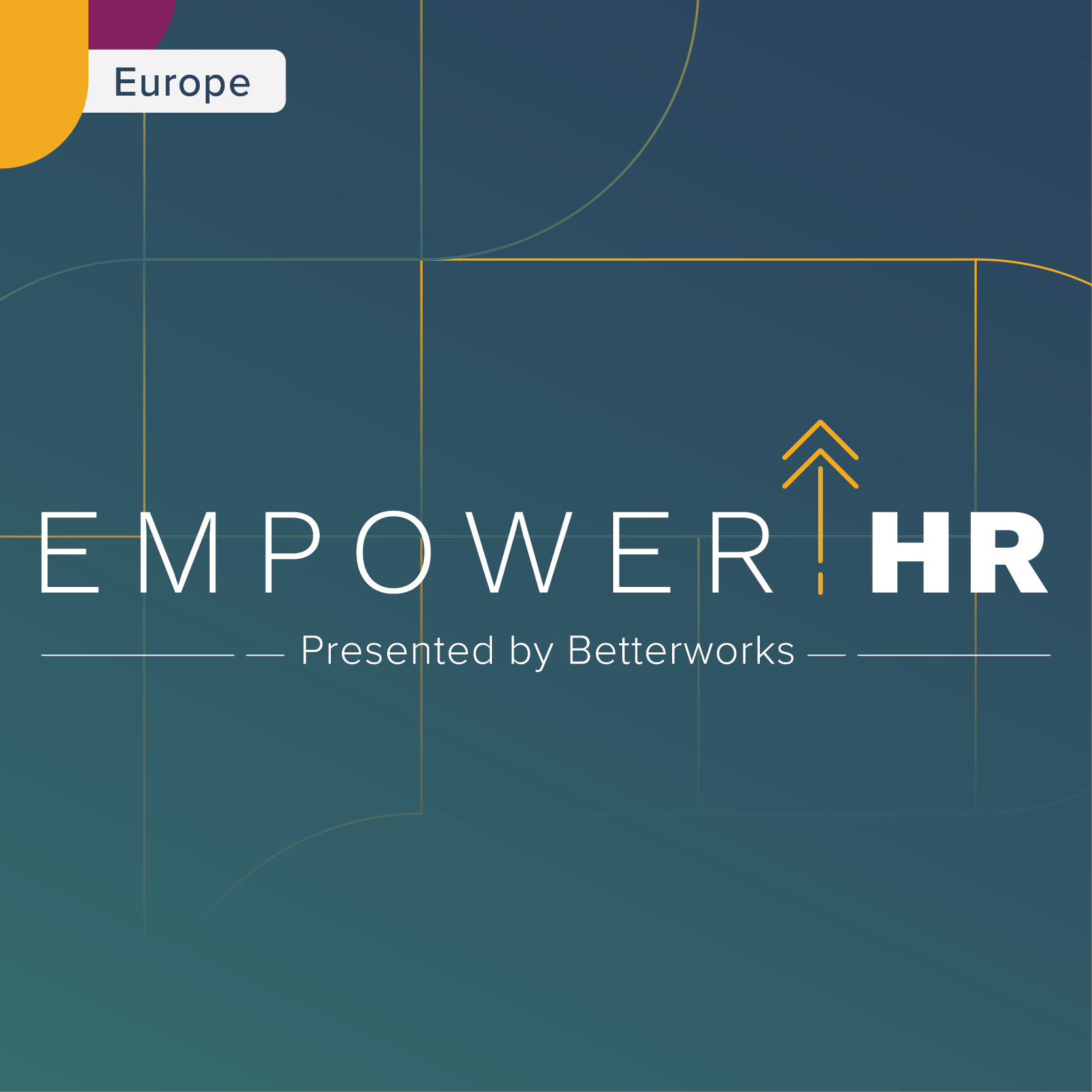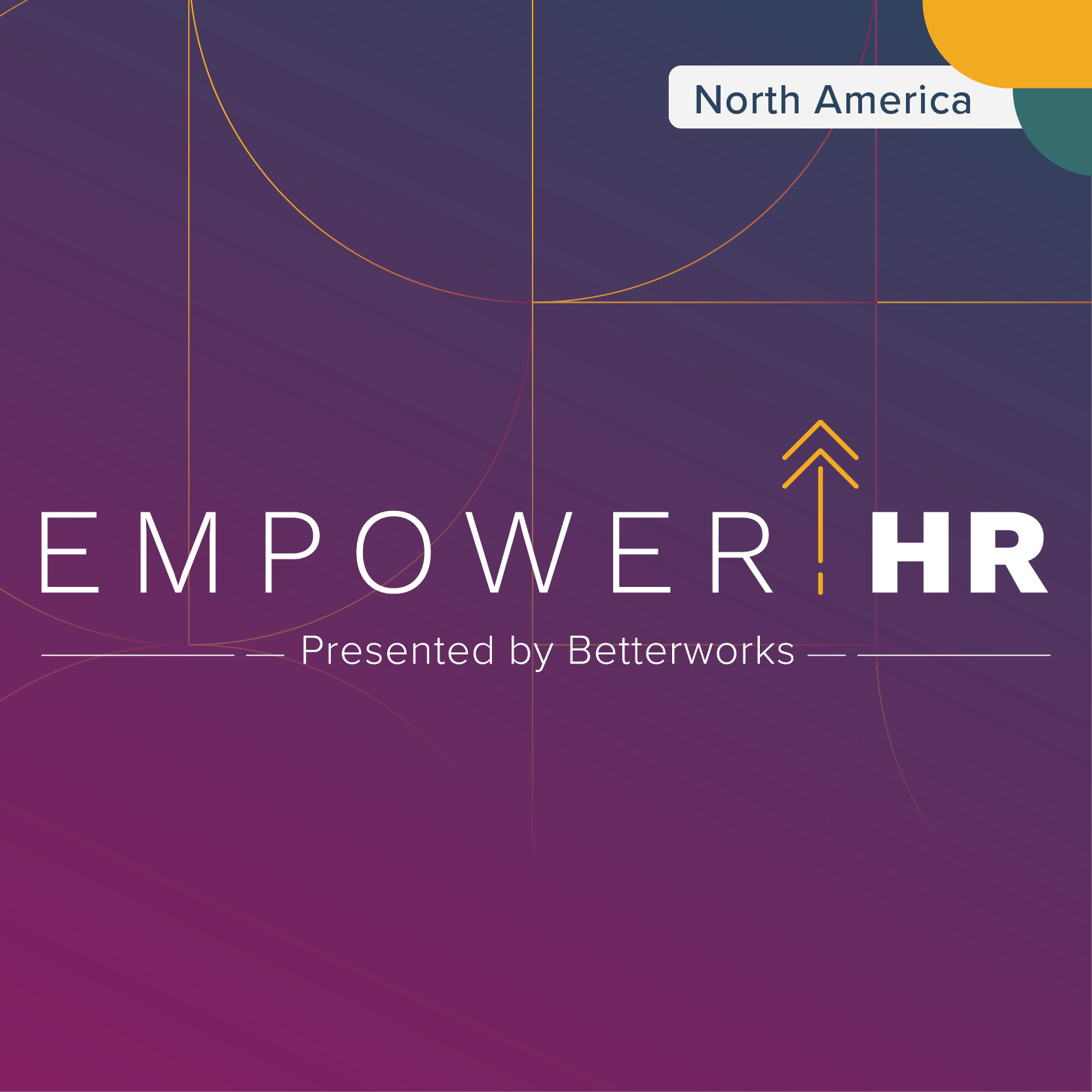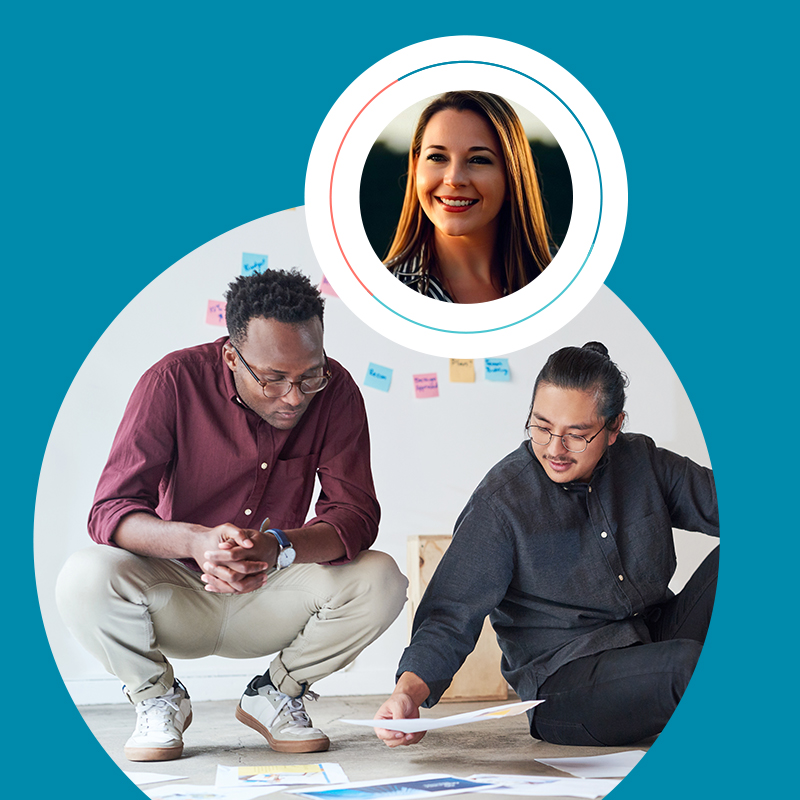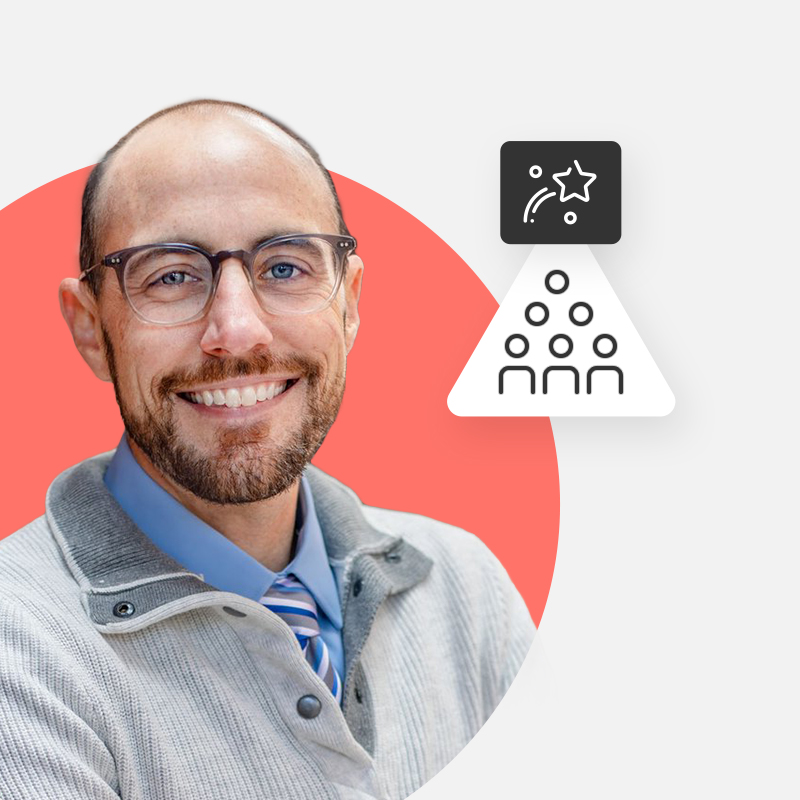Last week, I had the opportunity to talk to LPGA pro and winner, Betterworks brand ambassador, and all-around wonderful human Mel Reid during an evening off from an intense tournament schedule this month. From her recent wedding, to the people who have inspired her along the way as a voice for the LGBTQ+ community, to what it means to authentically be yourself, read on for an excerpt from our conversation (where we also talk — a lot— about golf). – Alex Larralde
Alex Larralde: You were recently married! How was it?
Mel Reid: It was awesome. Honestly, I really think it was the best two weeks of our lives. I think a wedding or something like that is the one time that you get both families together, which I was a little bit nervous about. Carly, my wife, has a very lovely Nebraska, Midwestern family, very traditional — and my family’s a little bit loose — that’s probably the best way I can describe it. I love them to death, obviously.
But yeah, I was a bit nervous about them meeting, but they got on like a house on fire and it literally was the best two weeks of our lives. We could not be more grateful for everybody showing up for us and all the messages that we got. And even people that couldn’t make it — the love that they showed us was incredible. It was an amazing two weeks.
A: That is so great. I did see a few pictures, and it looked like a fantastic celebration. Congratulations! And of course, it’s Pride month in the United States — and when you think about some of the things that are happening in the world right now — in the United States — it’s a reminder that conversations around LGBTQ+ equality are more relevant than ever. What is the meaning of Pride for you?
M: For me, it’s about inclusion. The reason it’s a rainbow is because it’s about everybody. It doesn’t matter your background, your race, your religion, your beliefs, your sexuality, your gender, it’s all about us becoming one because, at the end of the day, we’re human beings.
And it’s actually pretty simple when we think about it — we’re all human beings, and there’s good and bad in everything. And I generally just think if you’re a good human being, that you should be included and represented in this world, and in society. It doesn’t matter who you love, or what race you are, or what your religion is, as long as you’re a good person, you should be included in everything.
So, that’s what Pride is for me. Obviously, it’s something that I’m very vocal about, and I’ve had friends that have struggled with their journey through who they are. I’ve been very fortunate that my family has been incredible. And because of that, I’ll always stand up for the people that feel they don’t have a voice, even though they do. It’s just about inclusion, as simple as that.
A: Absolutely. And in golf in particular — your industry, if you will — it hasn’t exactly had the most inclusive history. So when you think about the work that you’re doing as an advocate for diversity, inclusion, and the LGBTQ+ community, do you feel that this message is especially important in golf?
M: I think it’s important because basically — to put it bluntly — I go to golf courses and I don’t feel included. And I’m one of the top female athletes in what I do. And if I don’t feel comfortable going to a golf club, then somebody from a certain background who’s trying to get into golf — how are they going to ever have a good experience from that? So, for me, I want the golf industry to change a little bit. If you want to come and play golf, come and play golf.
I think that there has to be some tradition there — I do believe that it taught me discipline, integrity, honesty … but at the same time, we’re changing, right? It’s not 1902 anymore. And I do believe that golf does need to be modernized. And I think that it needs to certainly be more welcoming to every single community. I think that golf is hard enough to get access to as it is, so if somebody does want to come and try and play golf, then I feel like they should have that opportunity.
A: When you look back at the last 15 years since turning pro, do you feel like there has been a positive change? Do you feel like things are moving in the right direction?
M: For sure. I’m a little bit biased. My golf club is at Atlantic Beach in Jacksonville. They really promote newcomers into the game. Women, men, nonbinary people — they definitely welcome everybody. They do brunches and bring everyone together, like — hey, we’re all beginners here, we’re just going to just get you involved. And it’s probably uncomfortable for the first five minutes, then all of a sudden, everyone is having a mimosa together, and everything’s fine. So, I think they’re doing a really good job at my golf club to be inclusive, but I certainly think that more could be done.
Even up to probably two months ago, I was working with my coach down in West Palm, where I used to live, and at a golf course where I used to play regularly. And a guy commented even on my shorts — that my shorts were too short to be there. And I was like, come on, that’s probably the least of your worries right now. You’re making me feel uncomfortable, and the contact that I work with there actually called the guy out. But I was like — you are the first person I see when I get to the golf club. You shouldn’t be saying that. In my opinion, that’s the least of your worries — if my shorts are too short. Which, by the way, they were my long shorts, so I was a bit taken back by that. I actually said to him, “Well, wait until you see my short shorts tomorrow!”
Golf clubs certainly can do a lot more than what they’re doing, but I do think that certain clubs are changing with the times — you see it, too, in some of the clothing brands — it’s definitely more modernized, right? You can come off the golf course and then go and meet friends for a drink afterward, and you wouldn’t know they’ve played golf. It’s becoming a lot more trendy, a lot more streetwear. I think that’s helping the game tremendously. And I think that golf clubs need to realize that and just be a little bit more laid back about it.
A: Yes, absolutely. Wow — and imagine if he had said that to somebody who was brand new?
M: Right. That’s my issue. I could stick up for myself because I’ve been in this industry for a long, long time. But imagine, I would be put off — even I felt a little bit uncomfortable when I was trying to defend myself. But somebody who isn’t quite as confident in that space, absolutely they would be put off by that. And that’s an issue.
A: Speaking of confidence — it takes a lot of it to be an advocate and to speak up for what you believe in. What inspired you to put yourself out there as an advocate, and speak up about what’s important to you?
M: Obviously, there are a lot of things. One of my best friends, Molly Gallatin, who is also part of the community, encouraged me to be a little bit more confident in myself, and make a change in this world with regard to my community, and be a voice. She made me realize how important it is. We were having a chat one day —shockingly — at a bar, but we were having a chat about some stories that our friends have been through. And I was like, do you know what? Actually, this does need to change. Some of my friends don’t speak to their parents and have separated themselves from their families because they don’t agree with their life choices.
And I think that’s wrong. Like I’ve said, I’m very fortunate with my parents, but I just felt like I was comfortable enough in who I was, and that the people whose opinions actually mattered knew, and they were amazing about it. So I felt like I had that shield around me, and I wanted to be a voice for people. But it takes time, sometimes.
Everyone has a different story, and it’s just about figuring out who you are, what you believe in, and what you want to leave as a presence in this world. For me, I just felt like I was in a place where I was comfortable and confident enough in who I was to be able to speak up and accept the negativity from it, and let my shield defend me a little bit.
A: It’s great that you have friends in your life who were able to support you in that and really help you on your journey. That’s awesome. What was the point in your career when you felt that it was something you needed to do? Was it early on? Was it later after you turned pro?
M: Honestly, I didn’t realize I was gay until probably 21. Looking back, I was probably gay when I came out of the womb, but I think that I wasn’t comfortable enough with who I was until I experienced life. Everyone has a story, but my story was being on tour, traveling the world at a young age, and experiencing new things — meeting incredible cultures and incredible people. And I’m very fortunate that I’ve met all kinds of people. I’m very nonjudgmental, I just accept people for who they are, and if they’re good, then absolutely, I’d love to speak to you. If you’re not, then go away. So, I think that where it stems from, is that I’m very fortunate what I do allowed me to travel around the world and experience so many different things. So that was a gift, really.
It’s all about education. Even my family are incredible, but they’re from Derby, live in Derby — and there’s nothing wrong with that — where I grew up in a small town. But I’ve gone to China and Australia and all parts of Europe and all over the world. And it’s amazing to just be around these different cultures and understand the way the world works in all these different settings. And honestly, that’s probably the greatest gift that golf has ever given me, is just the ability to experience all these different people. It’s just given me a whole new perspective on the way that I see people.
A: Absolutely. I wish everyone could have those experiences. And to that point, a lot of what we’re talking about in HR is, how do you create a culture where people can bring their whole selves to work? And just truly authentically show up as who they are along with everything about their identity. But I think one of the ongoing challenges in the corporate world, which has a lot of parallels to golf, is that it was primarily male-dominated for a long time, and still is to a large extent, at the highest levels — so few CEOs are women. So, a lot of people are still hesitant to do that — really show up as their full selves. What advice would you give someone who’s struggling with that? What would you say to them to encourage them?
M: Yeah, I see this on the LPGA, and first of all, this is why I wanted to align with you at Betterworks — because you want to bring the best out in people, you want them to be the best of who they are, authentically, without any judgment. That is what I found so cool about the company. And I am very proud to be an ambassador for you guys, but it’s the same on the LPGA. I try and say to girls, what are you scared of losing? Tell me, what are you scared of losing? Because you being you, you gain so much. OK, financially you might not gain for a little while, but within yourself and your soul, you’re going to gain so much. That is way more than you could have ever imagined, and I promise you, it will all work out in the end.
I can only speak from a personal experience, but since I’ve been authentically myself, the amount that I’ve gained is so much more than I could have ever imagined.
And I think that it’s important because how can put your best foot forward if it’s not really you? You have to be who you are because, at the end of the day, at some point in your life, it will just come up and it will bite you. It will. Something will happen, and it will be a big mistake. And so I just really think as quickly as possible — if you can realize who you are, and just be proud of that and own it, more importantly —I swear there’s going to be so many good things that happen to you in your life.
I believe that once you are comfortable and you are proud, you give off an energy. People around you just get that energy off you. As soon as you can understand yourself, and as quickly as you can understand yourself, you’re giving so much more to the world than you can ever imagine. That’s what I say to some of the girls on the LPGA that struggle with a lot of things — especially sexuality. They think they’re going to lose sponsorship and stuff, and I’m like, you’re not. And if you do, then that’s the right decision.
That’s the best thing that could happen to you because they’re not aligned with your beliefs. Why would you want to be associated with somebody who doesn’t align with your beliefs? That’s why I’m proud of all my sponsors — because they’re so encouraging of who and what I stand for. And that’s why I’m proud to wear their logo on my T-shirt and proud to represent their company. Because we’re all aligned. That’s probably the biggest message that I could give to somebody — just be authentically you, and I promise you, it may not be straight away, but good things will come to you.
A: Absolutely. I totally agree. It just frees you up to be able to perform at your best, and you’re not worried about appearances or what people think is “professional.” And instead, you’re able to just be who you are and focus on the work and focus on doing what you’re there to do.
M: It’s also more of a challenge with social media — everyone puts out this perfect life, and I do it, trust me, I scroll all the time, and it gets me away from stuff, but you always feel like you’re missing out. But it isn’t real, it’s not real life. If people were actually to post what their real life is like, I promise you, it does not look like that. Even me. I try and be real on social media, but you’re trying to give all the positives to be positive and give positivity. But you’ve just got to be you; it’s as simple as that. The greatest gift in life is figuring out who you are.
And some people are going to like you, some people aren’t, but not everyone is meant to like you. If everyone likes you, then that’s an issue, as well. You’re not standing up for something or standing up for yourself, more importantly. And so that’s probably my biggest thing. Not everyone’s meant to like you. There are a lot of people that don’t like me, and I’m cool with that because I respect them and their opinions. I don’t particularly agree with what they think, either. And that’s a good thing.
A: So how do you deal with critics? How do you block that out?
M: I’ve had some pretty bad ones, especially when I’ve spoken about equality. I think, again, it’s going back to education. Before you criticize me, can you just read about it a little bit? Because if we were face to face — it’s very easy to type whatever you want behind a screen. And I know everyone says that, but it is. But if we had an actual discussion about it, maybe I would be able to just move you a little bit in a certain direction and maybe you’d be able to move me in a certain direction, as well. I’m open to that. But I think with social media, really, that’s where it’s a little bit dangerous. People can just say what they want, and there’s no conversation.
That’s the cool thing about being human beings, we can interact verbally and emotionally and physically about certain opinions. And yeah, it might shift you a little bit this way, but you still have your opinion, and the same the other way. That’s what education is about. I think that whenever I’ve spoken up about a topic — that’s where [my wife] Carly has really been an influence.
For example, in response to Black Lives Matter, I wanted to post something in support, but she said , “Wait, we need to read and learn about it before we post about it, because we need to be educated on it. We’re not in that community. Let’s educate ourselves.” And once you begin working to understand, you start slow. And at least we’re trying to educate ourselves about the community we’re going to talk about. We try our hardest to educate ourselves as a couple to be able to speak on these points that we truly do believe in and that we want to see change.
A: As a woman in golf, what excites you most about where things are headed? With the younger players coming up, are you seeing more energy and more women entering the sport?
M: Golf has changed tremendously since even I turned pro. Technology is a huge part of it. We have girls coming out of college now who are basically mini-tour pros. They’re coming out and winning. It’s really exciting for women’s golf. I think especially the young Americans that are coming up on the LPGA are incredible. And even some of the girls from Great Britain and Europe, really — just won by nine shots at a DP World Tour event. That’s incredible for women’s golf. It’s a very exciting time, and I think that especially when our prize funds keep increasing, it’s only going to help. And people just automatically think that’s going to be materialistic things, but it’s not — it’s actually about investing in ourselves.
When girls start making a little bit more money, they can have physios that travel with them. They can have their coach travel with them a little bit more, they can travel a little bit better, and that makes their traveling a little bit easier. Things like that — I don’t think the men’s game can really appreciate the struggles that we have to go through.
I really think that women’s golf is in an extremely healthy place. I believe that because we’re not televised as much that people don’t realize how good these girls are. I’m 34, and I’m having to work harder than I ever have just to try and keep up with these girls. It’s difficult, it’s tough. I still believe that my best years are ahead of me, but these girls are really, really good now.
Like I said, especially when they’re going to be able to financially reinvest in themselves — I think that women’s golf is in an extremely healthy place. And I just hope that it continues like that. It’s definitely moving in the right direction, and yeah, I think definitely more people are paying more attention to women’s golf now like they did back in the ’90s, when women’s golf was huge. I think that we’re starting to rekindle the fire a little bit, which is incredible for us. ⇼
